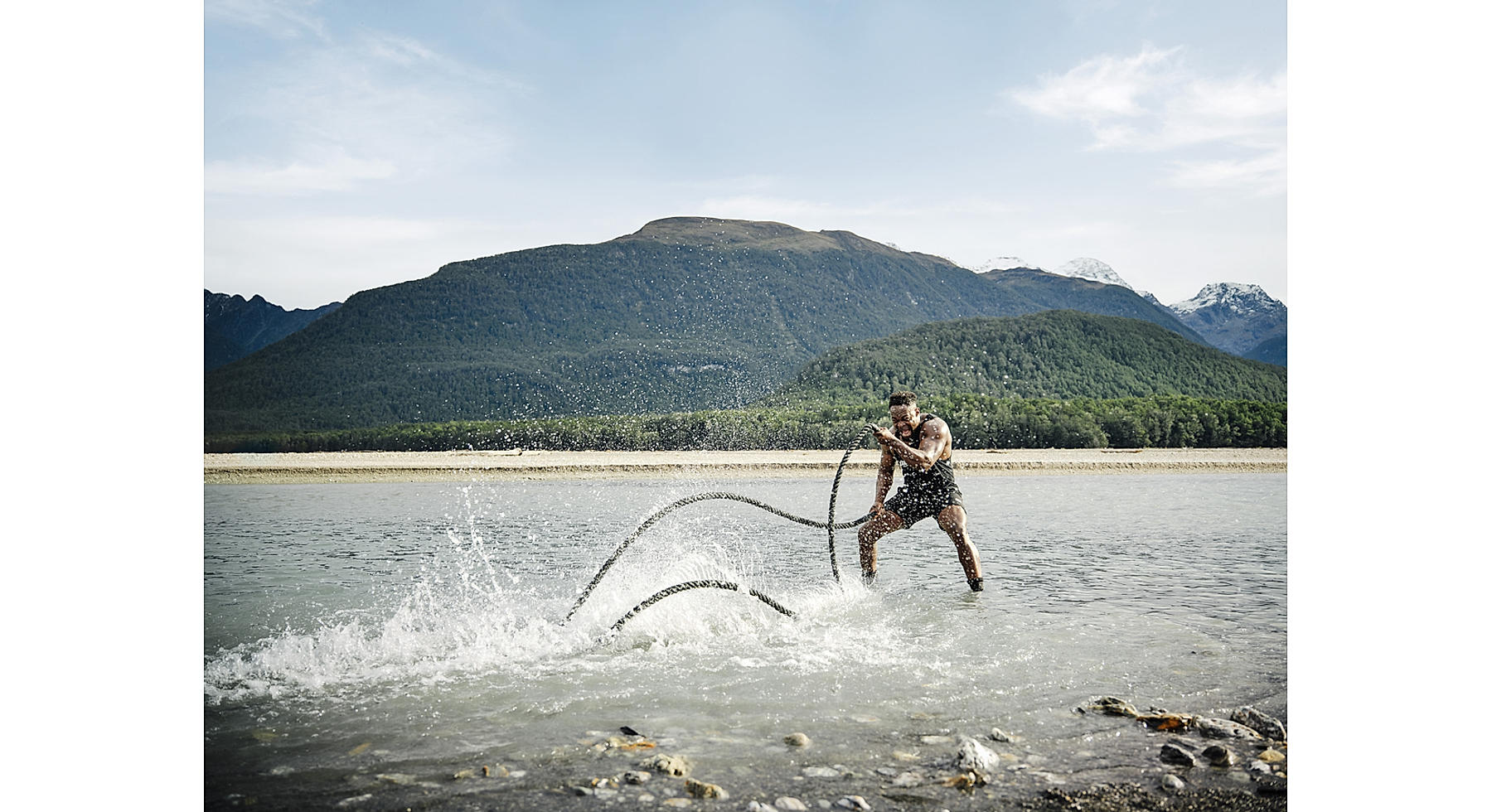 |||
|||
Key Learnings
Plant based diets can support muscle growth, with sufficient protein and calorie intakes, along with a consistent strength training programme.
Hitting a daily protein intake of 1.6g per kg body weight, by eating either plant or animal protein sources alone, or a mixture of both food types may support muscle size and strength.
Eating a variety of plant-based foods will provide high quality protein to your muscles. Although you may have to eat greater quantities of plant-based foods to hit your daily protein goals.
Adding a plant protein supplement to your day can be a convenient way to help you hit these daily protein targets. Gold Standard 100% plant protein is an excellent choice for those seeking 24g of quality plant protein.
Interested in learning more, keep reading!
Over the last decade there has been a lot of debate about whether a plant-based diet is as effective as an animal-based diet in supporting muscle building. With more people leaning towards eating plant-based diets globally, there has never been more of a need for evidenced-based science to help answer this question. Although the research is still in its infancy, there have been several recent studies that have investigated this topic.
The main concerns around plant protein’s inferiority to animal protein are centered around 2 main issues. First, compared to animal proteins, plant proteins are, in general, of lower quality or lacking in essential amino acids. Second, they contain lower amounts of protein per serving compared to animal proteins. In Plant protein-what you need to know we will delve into the current literature to help you understand if a plant-based diet can support your training gains.
How does protein support muscle building?
Firstly, to understand whether plant protein can adequately support muscle building, it is important to understand how protein supports the muscle building process.
A proper resistance training programme is the most important factor when building muscle. Lifting weights creates small tears in the muscle, which subsequently supports muscle growth. However, for the muscle to grow bigger and stronger as you recover, the muscles need to get protein from your diet. Protein, which is made up of amino acids, provides the muscle with the building blocks to repair the muscle tissue. It is important that the protein provided to the muscle contains all 9 essential amino acids in the correct proportions to support this muscle building process. Complete proteins provide the muscle with all of the amino acids required so that overtime, along with the correct training, nutrition and recovery the muscle will increase in size and strength.
Is the quality of plant protein inferior to animal protein?
This brings us nicely to the main difference between animal and plant-based proteins, which is their quality. When the body is provided with high quality protein it can use this protein more effectively to support muscle repair and maintenance. Protein quality is determined by the protein’s amino acid profile or the level of essential amino acids it contains and the digestibility and absorption of the protein.
Animal protein is known as a high-quality complete protein as it contains a full spectrum of amino acids in adequate amounts compared to plant-based proteins. Therefore, it provides the muscle with the right profile of amino acids to support the muscle building process.
On the other hand, there are only a few complete plant-based protein sources including soy and quinoa, the others, such as pulses, cereals, nuts and seeds, lack or are low in certain amino acids. However, by combining plant-based protein foods you can provide the body with a complete protein. For example, eating legumes, which are low in methionine but high in lysine with grains which are high in methionine and lower in lysine, provide the body with a full spectrum of 21 amino acids, including the essential amino acids.
The second part of the quality equation is the proteins digestibility. Animal proteins are digested at a faster rate compared to plant proteins. Plant protein contain anti-digestible properties such as fibre and phytates which slows its digestion and the delivery of amino acids to the muscle. However, it seems that this digestibility issue is overcome if enough of the essential amino acids are consumed. This can be achieved by eating larger quantities of approximately 30g of plant protein per serving1.
Therefore, once those eating a plant-based diet, in particular vegans, ensure they eat an increased volume and a variety of plant-based foods the body will get an adequate array and amount of amino acids to support muscle growth.
Can you get enough protein from plants to support muscle building?
Yes, most definitely! However, the amount of protein in plant-based food sources is lower per serving compared to animal foods. This simply means that you need to eat more plant-based protein foods, particularly if you are a vegan, to reach your daily protein goals.
How much protein you need depends on your age and activity level. A daily recommendation of 1.6g of protein per kg body weight will fulfil the needs of most people training 3-5 times per week with a performance or muscle building goal. This means that if you are a 70 kg athlete you would require 70 x 1.6 = 112g of protein.
Interestingly, a recent study compared the effects of eating either a plant or a meat-based diet on muscle growth over 12 weeks. The study had 2 groups, one consumed a plant-based diet, with the other group consuming an omnivorous (animal-based) diet. After 3 months of regular resistance training and hitting daily protein recommendations of 1.6g per kg, both groups had similar increases in strength and lean muscle mass2. This suggests that regardless of protein quality the most important factor when looking to build muscle is hitting your daily protein recommendations and engaging in resistance training.
Practical ways to ensure your plant-based diet supports you muscle building goals
- Calculate your required daily protein intake based on your training goals: This article will give you a better understanding of what plant-based foods are high in protein and how much of them to eat to hit your daily protein goals.
- Understanding what plant foods combine to provide the body with a complete protein source: Eating a variety of plant-based foods daily will ensure you are providing your muscles with all the amino acids it need to support your training.
- Eat a combination of animal and plant-based foods if you are not strictly vegan: Adding dairy, eggs or meats to your diet is a great way to ensure you are delivering high quality protein to the muscle. They can provide you with a safety net, particularly if the plant protein in your diet is not so varied.
- Eat larger quantities of plant-based food, evenly spread throughout the day: In order to ensure you get a sufficient amount of good quality protein and to overcome the potential digestibility issue with some plant sources, eating approximately 30g per serving will ensure you maximize the muscle building response.
- Supplement with a protein shake: Adding a protein supplement to your day is a convenient way to help you hit your daily protein goals particularly if you are vegan with protein requirements towards the higher end of the scale. Gold Standard 100% plant protein is an excellent solution for those seeking a quality vegan protein source as it contains 24 g of protein from a blend of pea, brown rice and fava bean, with all 9 essential amino acids. Gold Standard 100% plant protein can also be a great solution if you want to reduce your intake of protein from an animal source and don’t want to compromise on the taste of your protein. Add a scoop of Gold Standard 100% plant protein to water or your favourite nut milk, or add it to your protein bars and balls in the kitchen.
References:
- Kerksick, C.M., Jagim, A., Hagele, A. and Jäger, R., 2021. Plant proteins and exercise: what role can plant proteins have in promoting adaptations to exercise?. Nutrients, 13(6), p.1962.
- Hevia-Larraín, V., Gualano, B., Longobardi, I., Gil, S., Fernandes, A.L., Costa, L.A., Pereira, R.M., Artioli, G.G., Phillips, S.M. and Roschel, H., 2021. High-protein plant-based diet versus a protein-matched omnivorous diet to support resistance training adaptations: a comparison between habitual vegans and omnivores. Sports Medicine, 51, pp.1317-133
